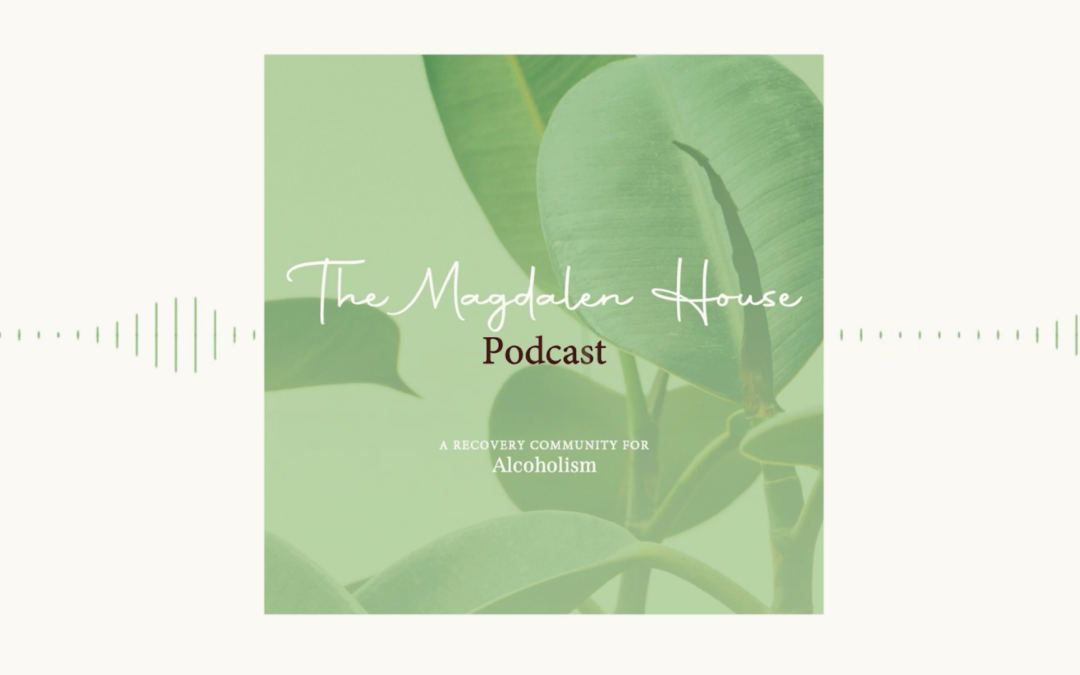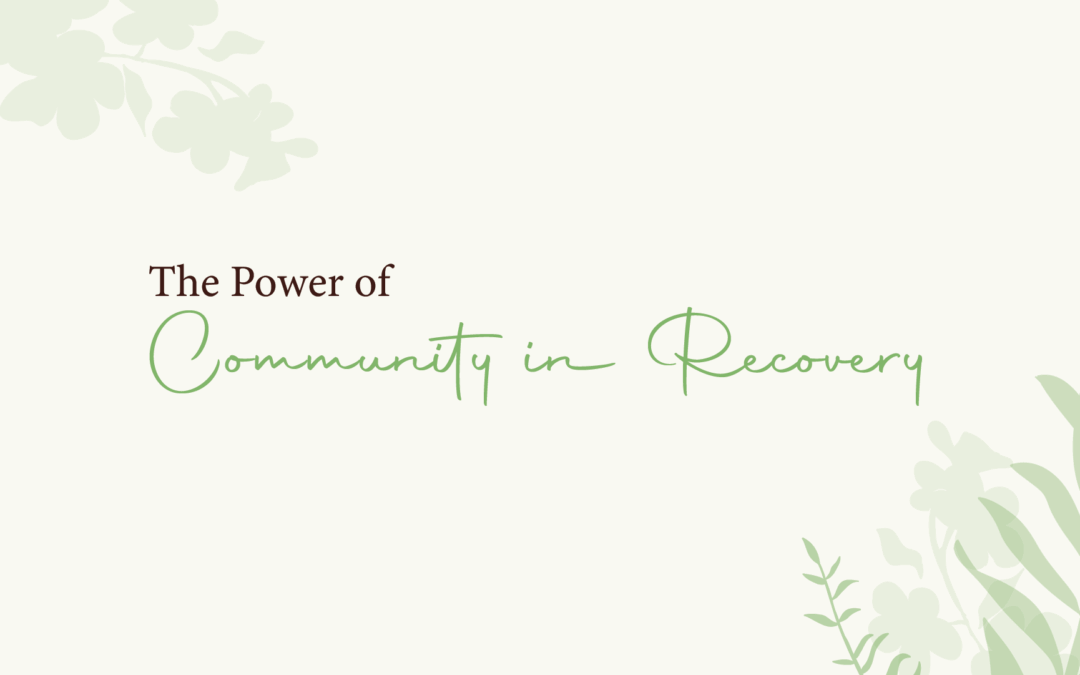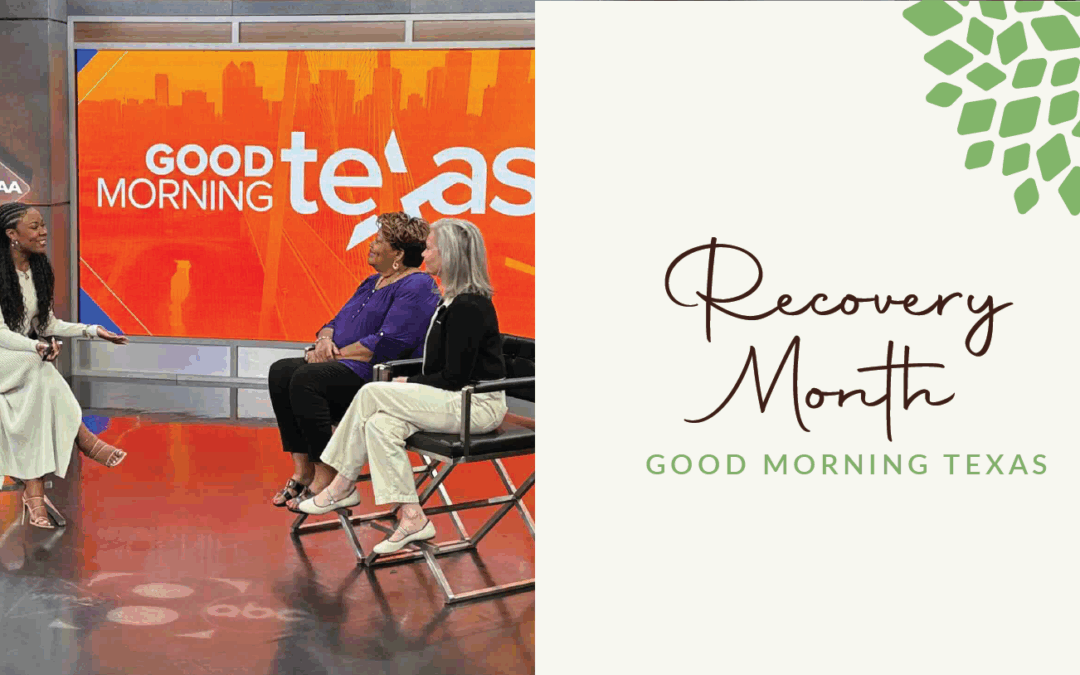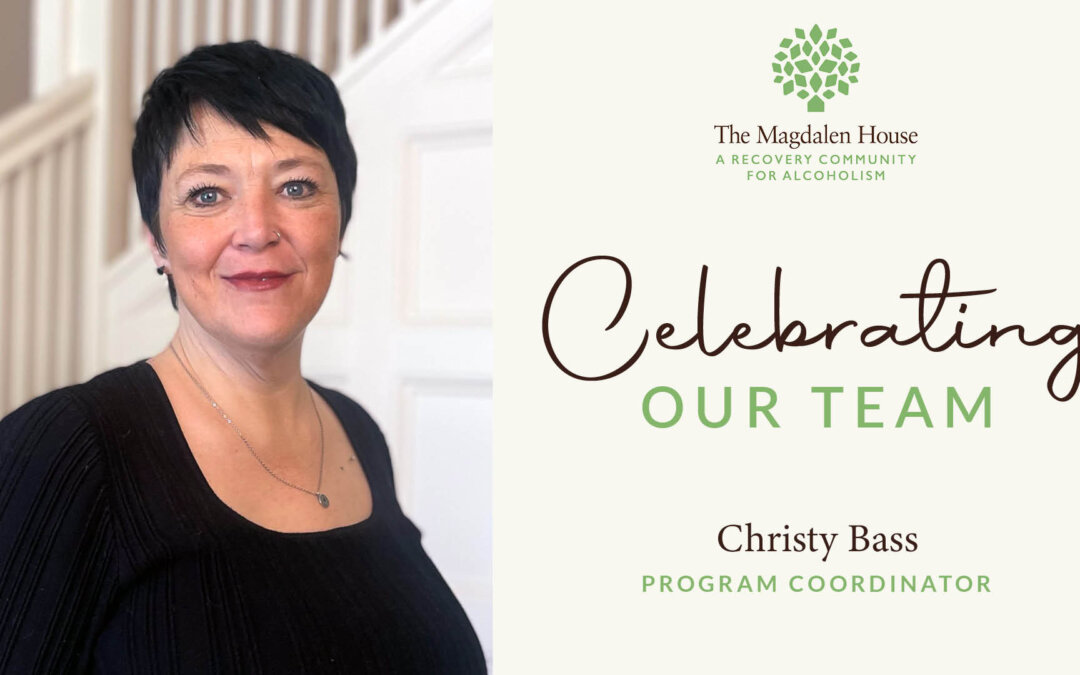Written by Lisa Kroencke, Executive Director
In my fifteen years of recovery, I’ve read hundreds of debates about misogyny and the patriarchal nature of the text in the Big Book of Alcoholics Anonymous. And as someone who found recovery through the contents of the Big Book, I am both a beneficiary and a proponent. Being a woman with strong opinions, I was confused in the beginning. I felt like I was talking from both sides of my mouth, especially when taking women through the Big Book and the steps.
Being a woman with strong opinions, I was confused in the beginning. I felt like I was talking from both sides of my mouth, especially when taking women through the Big Book and the steps.
So, is the text in the Big Book and the 12 steps patriarchal? Short answer, yes. But do they work for women just as well as for men? Yes.
For me, the question became, why? I am a researcher, so I researched and was surprised at what I found.
The 12 steps are actually based on ancient spiritual wisdom. They are not remotely original and have been passed down through generations. We can trace their origins not to Christianity, but to the Gnostic religions, where Christianity evolved.
The 12 steps are actually based on ancient spiritual wisdom. They are not remotely original and have been passed down through generations. We can trace their origins not to Christianity, but to the Gnostic religions, where Christianity evolved.
The Gnostic practice of spirituality is much closer to the 12-step spiritual program than the Christian religion is, and there is a strong argument that the Gnostics were feminists. Women were priests, the Goddess was seen as part of the divine, and there was much feminine imagery in their teachings.
But it is their spiritual practices that I found deeply interesting; Self-reflection (4th Step), Amends (8th and 9th Steps), and Service (12th Step) were all a core part of Gnostic teachings.
The 12 steps are a “mechanical” process whereby we can achieve sobriety and sustain recovery from alcoholism. They are a simple set of tools that creates a spiritual experience. The spiritual experience is impossible to avoid when you follow the precise, specific, clear-cut directions. What you believe (or don’t) OR what gender you are is irrelevant to the outcome.
Quickly, I want to address abuses in 12-step programs. This should probably be a whole separate blog post; however, it is important to address that there are many cases of abuse within different recovery fellowships. Like society in general, this merely reflects our broader culture. I don’t want to go into detail about what we need to do, but I do want to say that for women, I believe community spaces like what The Magdalen House provides are essential. These are safe spaces for women who wish to learn about the Big Book and the 12-step spiritual program of action.
One last thought; I cannot help sometimes feeling slightly confused when women get sober by the principles in the Big Book and then complain about the misogyny and patriarchal leanings of the text.
One of the ways to address the issue is to stay and be the change they want to see. It is my opinion that if this is the method you used to get sober, then you are in its debt. What if there was no one there when you needed help? Being part of the solution, providing safe spaces for other women within the program, and creating recovery communities are critical to “service beyond self” and the very definition of feminism and spirituality.
…if this is the method you used to get sober, then you are in its debt. What if there was no one there when you needed help? Being part of the solution, providing safe spaces for other women within the program, and creating recovery communities are critical to “service beyond self” and the very definition of feminism and spirituality.
Be the change you want to see in the world. Since the program and these communities are free, it is sometimes the last and only resort for many people with no other options to help stop drinking.
Are there flaws in the Big Book? Most certainly. Can the text be patriarchal in nature? Yes, like most things in our culture. Yet the words can be entirely separate from the spiritual program of the 12 steps. From their origins and throughout the centuries, the fact that these principles have been passed down through generations can only indicate the deep human need for connection that a spiritual experience can bring us.
This is why the Big Book exists. These spiritual principles and the need that humans have for them are universal.
These spiritual principles and the need that humans have for them are universal.
They are not exclusive to alcoholics. The Big Book (yes, with old-fashioned language) exists to lay out these spiritual principles in a way that alcoholics can and will respond to; many millions of women in recovery are examples of this method.
In closing, there are no ‘sides’ here. You don’t have to do the 12 steps if you don’t want to. There are, thankfully, other methods to get sober, some paid and some free. Seek the one that fits you best, and don’t settle for anything less than the freedom that is possible.
To me, anyone who struggles with alcoholism is a warrior and we all need all the support we can get.






